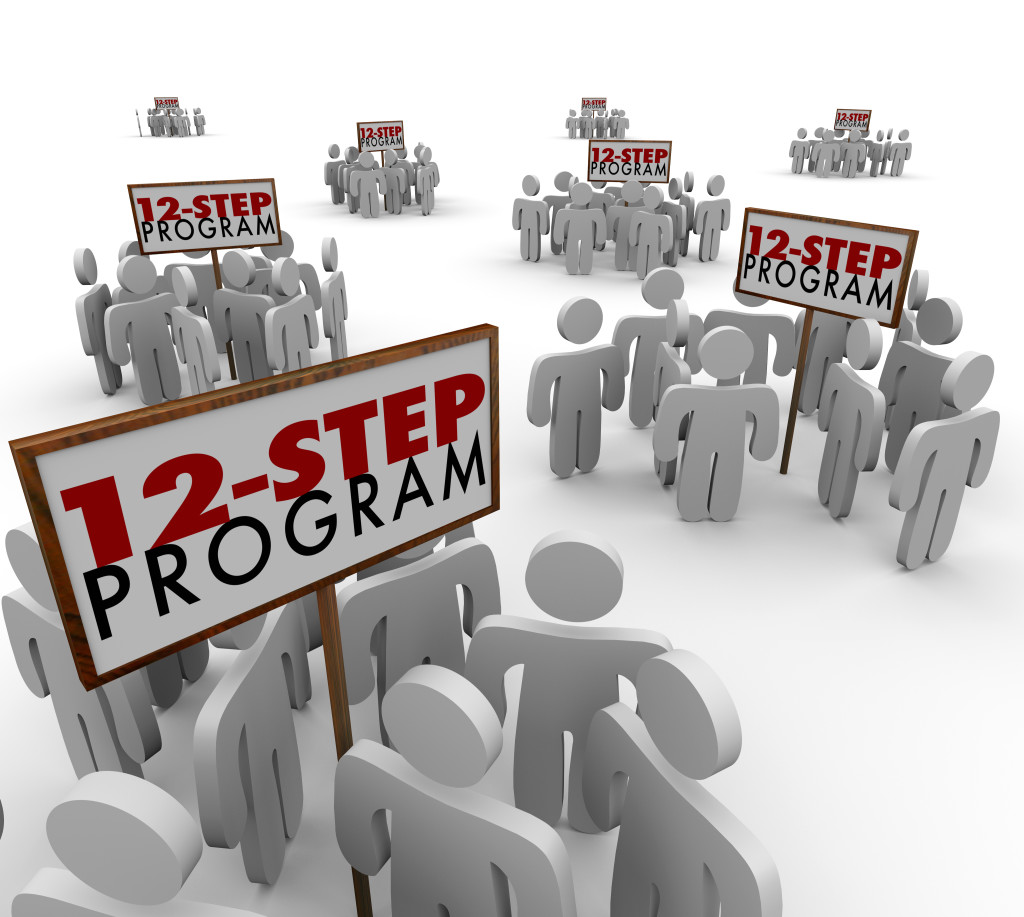Alcohol Addiction: Alternatives to 12-Step Program

When it comes to drug or alcohol addiction programs, most people are aware of the popular Alcoholics Anonymous (AA) or a program that works based on the 12-step approach. These programs are also known as mutual help groups and not treatment centers.
If you’re looking for more social support groups apart from 12-step, here are some of them:
1. BRENDA
BRENDA stands for the methods that are used in treating substance use disorders and other mental disorders.
The recovery program based each treatment on the approaches:
B-Biopsychosocial evaluation
R-Report to the patients on assessment findings
E-Empathy
N-Needs identified by the patient and treatment provider
D-Direct patient advice
A-Assessing the patient’s reaction to advice and adjusting treatment when needed
Like other social support groups, BRENDA utilizes cognitive behavioral therapy (CBT) to encourage the alcoholics or drug users to change their addictive behavior.
2. SMART Recovery
SMART Recovery is far different from the popular 12-step program. The drug and alcohol recovery program aims at empowering and encouraging each individual to become self-reliant.
The recovery program conducts support and educational meetings, and makes use of evidence-based psychological treatments and medications. SMART has helped a lot of people struggling with drugs and alcohol addiction.
It operates based on the principles of:
• Building and maintaining motivation
• Coping with urges
• Managing thoughts, feelings and behaviors
• Living a balanced life
3. Refuge Recovery
Refuge Recovery is operating based on Buddhist beliefs. It aims at helping people to be free from the suffering brought by any kind of drug or alcohol addiction. Patients practice meditation and compassion. The program teaches the Eightfold Path and Four Noble Truths.
4. Rational Recovery
The program helps individuals suffering from drug and alcohol addiction through counseling and providing guidance to achieve complete abstinence from substance use disorder. They accept individuals who are willing to change and leave their addiction, but finds it hard due to an “addictive voice.”
The program was founded by a California native Jack Trimpey, who provides various mental strategies to attain a permanent sobriety. Trimpey’s program believes that addiction is a personal choice and not a disease. It also works on the practice that abstinence can be attained through support and not through entering a rehab facility.
5. Women for Sobriety (WFS)
WFS was founded by Jean Kirkpatrick, a doctorate of Sociology, who had a history of alcohol abuse. She believes that she conquered her alcoholism by changing her thoughts whenever she’s down, sad and depressed.
She introduced an abstinence-based program for women based on the belief that women need a separate and different way of alcohol recovery program. She thinks that women began abusing booze when they are facing an emotional struggle.
Women enrolled in the program learn to practice 13 statements or affirmations that promote spiritual, emotional growth and self-worth. It also works by teaching women to practice positive thoughts and actions instead of focusing on their past or negative experiences.